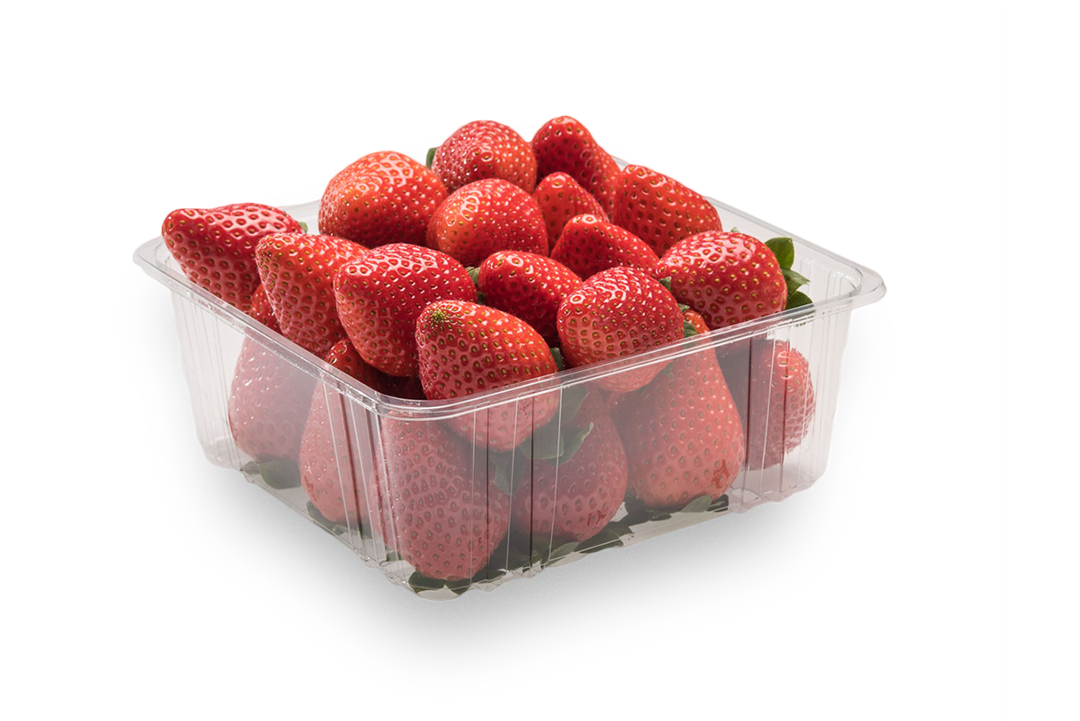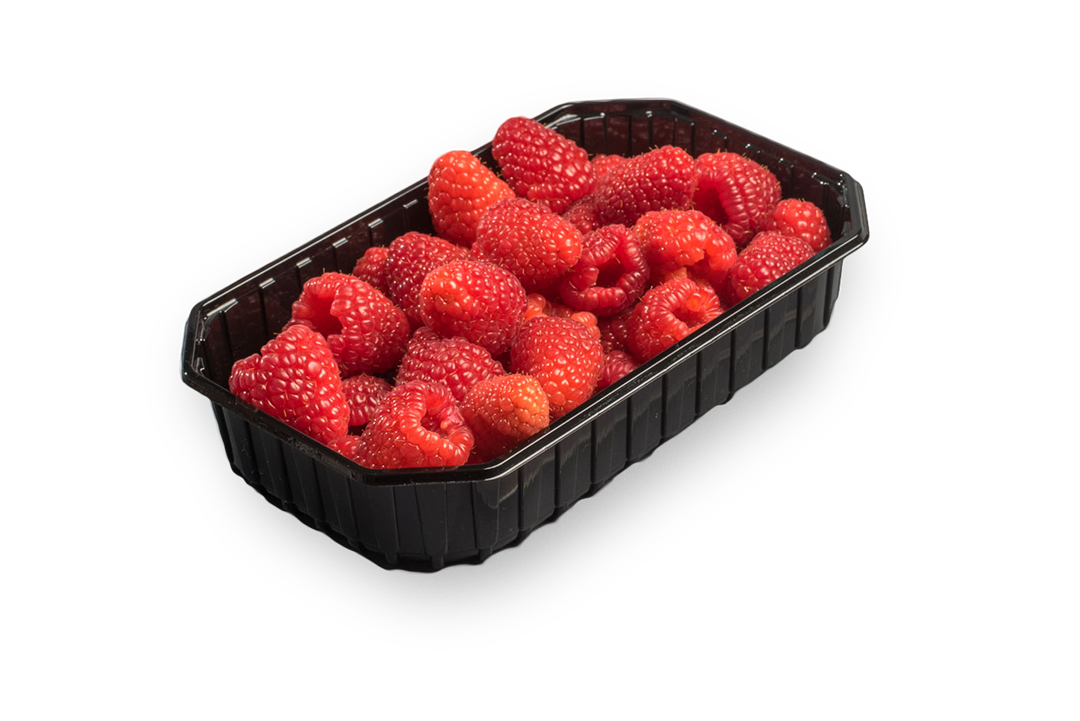1. Polypropylene (PP)
Polypropylene (PP) is the partially crystalline thermoplastic polymer obtained from the polymerisation of propylene (or propene). It belongs to the group of polyolefins and is used in a wide variety of applications, including food packaging, textiles, industrial equipment and laboratory, automotive components and transparent films. It is highly resistant to various chemical solvents, as well as to alkalis and acids.
2. Polyethylene (PET)
Polyethylene terephthalate, polyethylene terephthalate, polyethylene terephthalate or polyethylene terephthalate (better known by its acronym PET, polyethylene terephthalate) is a type of plastic widely used in beverage and textile packaging.
3. Extrusion
The extrusion of polymers is an industrial mechanical process, where a plastic moulding action is performed, which by continuous flow with pressure and thrust, the polymer is passed through a mould in charge of giving it the desired shape. The molten polymer (or in a visco-elastic state) is forced to pass through an extrusion head, by means of the thrust generated by the rotary action of a screw (Archimedes’ screw) that turns concentrically in a chamber at controlled temperatures called a cannon, with a millimetric separation between both elements. The polymer material is fed through a chute at one end of the machine and due to the pushing action it melts, flows and mixes in the barrel and is obtained at the other end with a pre-set geometrical profile.
4. Thermoforming
Thermoforming is a process that consists of heating a sheet or plate of semi-finished thermoplastic, so that when it softens, it can be adapted to the shape of a mould via vacuum pressure or by means of a counter-mould.







